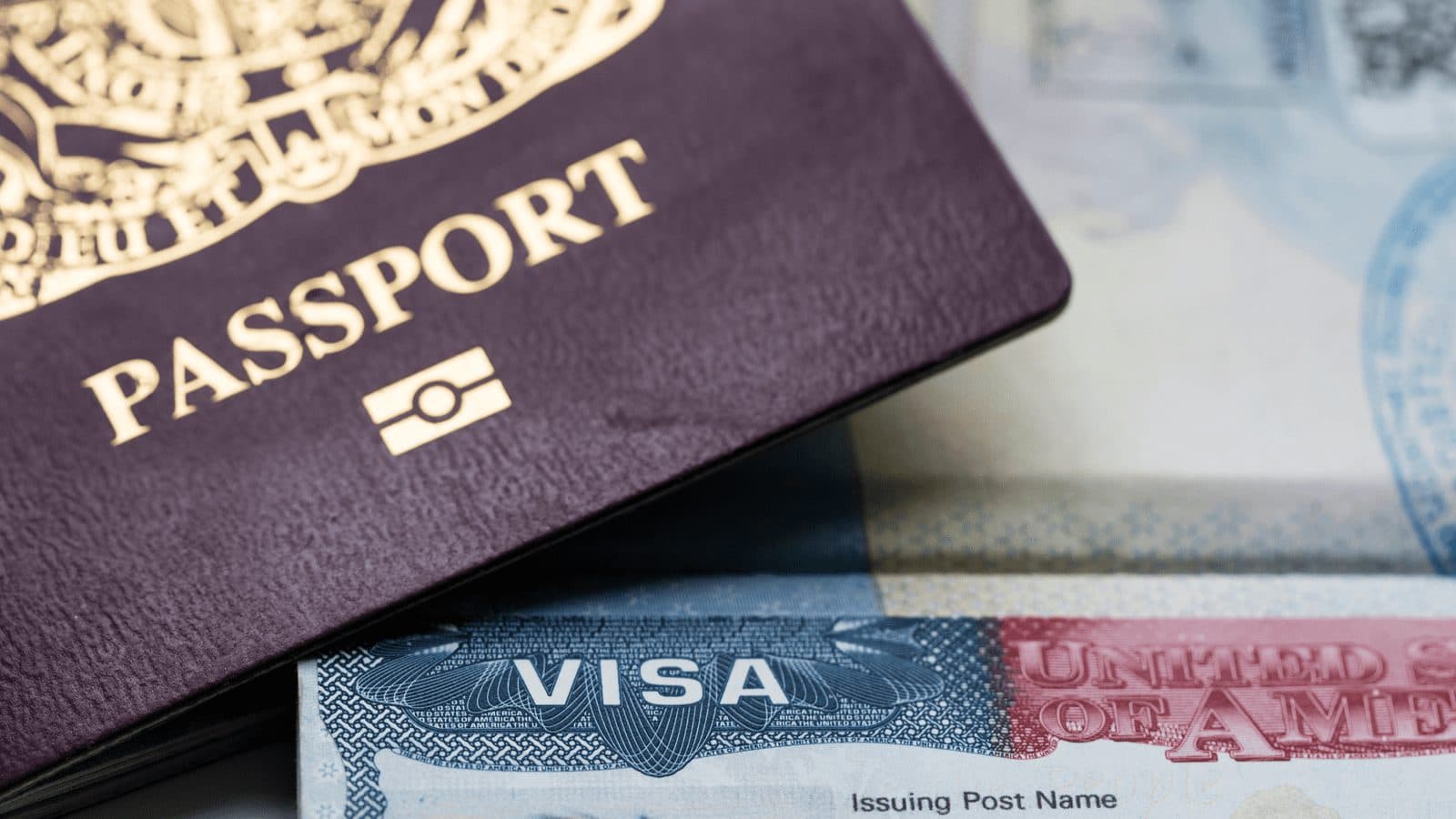US Citizens Are Moving Abroad to Sidestep Crypto Regulation, Law Firm Says
Harvey Law Group opened a Miami office as the number of clients seeking out pro-crypto regions has grown

Source: Shutterstock
- The law firm has between 50 and 100 clients in the US each year, and about half are involved in crypto
- Antigua is one of the most popular tax-friendly destinations for crypto holders, according an immigration lawyer
The number of US nationals looking to gain residency or citizenship abroad has spiked in recent years, according to a law firm — and crypto regulation is a prominent driver.
US nationals are interested in dual citizenship as a result of economic uncertainty, political upheaval and the ongoing Covid-19 pandemic, according to the Harvey Law Group.
But other more recent trends include individuals wanting to move to regions implementing strong pro-business, and particularly pro-cryptocurrency, approaches and policies, Harvey Law Group immigration lawyer Steve Corbin told Blockworks.
Though industry watchers said President Biden’s crypto executive order last month is an important step in the policymaking process, they added concrete legislation could take years.
The law firm has between 50 and 100 clients in the US each year, and about half are involved in crypto. Many are holders who bought into cryptoassets five or so years ago, Corbin said.
“They’ve seen substantial gains in their holdings and one of the key areas of course they want to do is be able to take advantage of a jurisdiction that’s not going to tax them, or at least not tax them heavily on their gains,” he added.
In the US, virtual currency is treated as property, and general tax principles applicable to property transactions also bear upon digital assets, according to the IRS.
When you sell virtual currency, you must recognize any capital gain or loss on the sale, subject to any limitations on the deductibility of capital losses. It is considered a long-term capital gain or loss if the crypto was held for more than a year.
Founded in 1992, the Hong Kong-based firm offers legal and advisory services to high-net-worth individuals and families. Harvey Law Group specializes in residency and citizenship by investment programs, in which national governments provide the option to live, work, study and have access to healthcare in the given country in exchange for a dedicated investment.
In some cases, the firm has clients looking to renounce their US citizenship to avoid future taxes, Corbin said, adding a second citizenship is one step toward that.
One of the most popular destinations for crypto holders is Antigua, which doesn’t have personal income, capital gains, inheritance or wealth taxes, Corbin said.
Others moving from the US, for example, consider Vanuatu and Saint Kitts and Nevis, as well as Portugal. The latter European country offers qualifiers who move there tax incentives for 10 years.
Lewis Kevelson, director of international tax services at Berkowitz Pollack Brant, said the US imposes an “exit tax” on most residents renouncing citizenship. The tax kicks in if the person’s net worth is more than $2 million, he said.
“If somebody is here and their net worth is below $2 million and they want to exit without incurring tax on their crypto positions, they theoretically could do some planning to exit the US with those appreciated securities and avoid the capital gains tax on a future sale once they leave the US,” Kevelson told Blockworks.
Amid the increased demand for its services by US citizens, Harvey Law Group in February moved to open its first US outpost in Miami.
Harvey Law Group Founder Jean-François Harvey called the city one of the world’s leading centers for innovation across industries such as finance and technology.
“It is a natural home for our first US office, particularly given the types of entrepreneurial individuals with whom we work on key immigration-related issues,” Harvey said.
Get the news in your inbox. Explore Blockworks newsletters:
- The Breakdown: Decoding crypto and the markets. Daily.
- 0xResearch: Alpha in your inbox. Think like an analyst.






